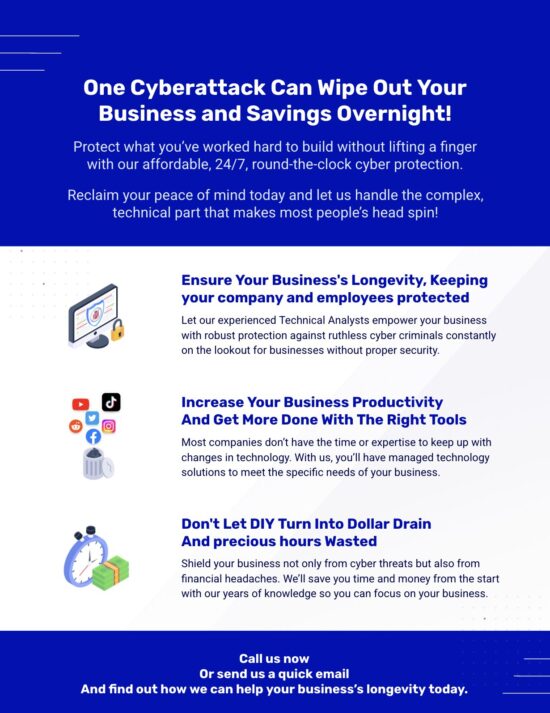 In theory, the U.S. federal government’s Health Insurance website was designed to make things simpler for residents looking to buy health insurance. However, just 14 days after the launch of www.healthcare.gov, the online initiative was a huge disaster.
In theory, the U.S. federal government’s Health Insurance website was designed to make things simpler for residents looking to buy health insurance. However, just 14 days after the launch of www.healthcare.gov, the online initiative was a huge disaster.
The troublesome rollout of the U.S. healthcare exchange is a perfect example of outsourced IT gone awry. The project, which cost $500 million, was supposed to be an online health insurance shop for Americans; however, HealthCare.gov ended up making headlines for its glitches.
The biggest problem with the launch involved multiple missed deadlines, from government agencies being far too slow to issue specifications, to last minute alterations to primary features on the website.
When designing similar systems, it’s important to consider users’ experience. While the problematic launch is unfortunate, it serves as a reminder to others to ensure an efficient rollout of any website. The following are some lessons to be learned from this incident:
- Ensure You Plan For Capacity
Prior to outsourcing, gather feedback from experts and key stakeholders to design a solution with the capacity for planned usage, as well as the flexibility to meet future changes, growth, and unforeseen levels of demand.
An outsourcing agreement should include meaningful expectations regarding performance, as well as provisions to ensure your service provider is held responsible for responding to evolving needs, and implementing updated services in a manner that provides seamless service experience for users.
- Complete Proper and Thorough Testing
When you’re implementing a new website, processes, and structures, there are bound to be some minor problems. If you’re launching a big project, it’s critical to conduct proper and thorough testing. As an outsourcing customer, look for service providers with experience in agile delivery methods that can help improve delivery capabilities. You should also identify the most complicated aspects of your project, and test them extensively. Finally, create a plan to react quickly if problems do arise.
- Ensure a Smooth and Stress-Free Customer Experience
Consider users’ experience when designing systems. Many outsourcing companies forget the importance of the user, and to keep processes as simple as possible. User experience should be of primary importance when it comes to customer problems. For example, sending customer inquiries to a help desk via chat or phone is convenient, but if the lines are constantly busy, or the agents aren’t knowledgeable, the customer won’t have a good experience.
- Apply and Use Identical Standards
Within a multi-sourced environment, it’s important to maintain common metrics across all provider agreements. This means using common industry terminology or process definitions, in order to avoid losing critical information during transactions. In addition, apply the same standards throughout the software development process and service lifecycle. An outsourced service provider usually defines expectations regarding applications and compliance using international standards.






